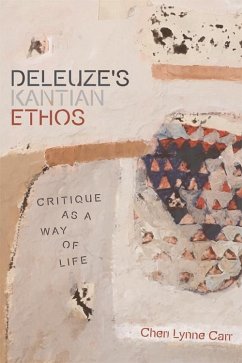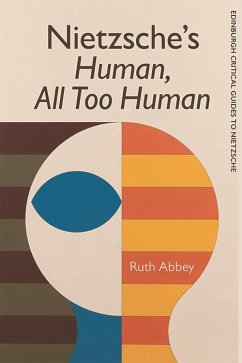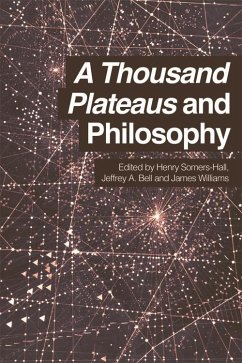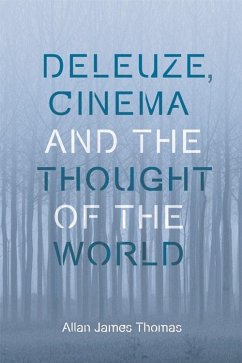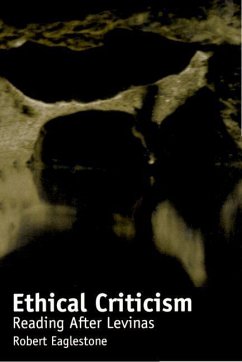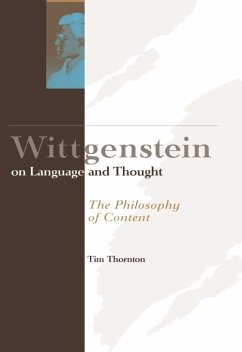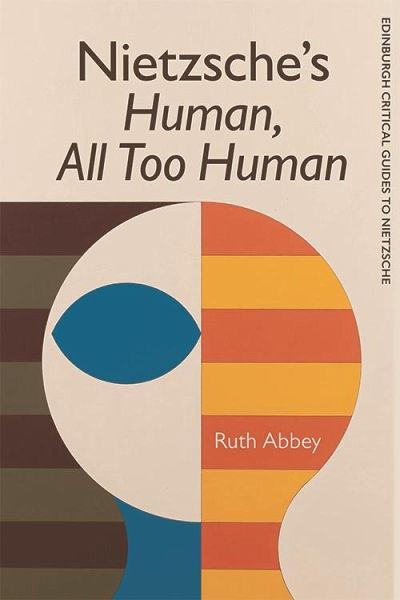
Nietzsche's Human, All Too Human (eBook, PDF)

PAYBACK Punkte
0 °P sammeln!
Human, All Too Human marks the beginning of what is often called Nietzsche's middle or positivist period (which ends with the conclusion of Book IV of The Gay Science). It initiates some important features that become permanent in his work, such as his experiments in multiple writing styles within one work, his self-representation as a psychologist, his genealogical excavations of morality and his appeal to fellow Europeans to overcome the parochialism and antagonism of nationalism. Ruth Abbey shows Nietzsche to be more receptive to the Enlightenment tradition than he is typically taken to be....
Human, All Too Human marks the beginning of what is often called Nietzsche's middle or positivist period (which ends with the conclusion of Book IV of The Gay Science). It initiates some important features that become permanent in his work, such as his experiments in multiple writing styles within one work, his self-representation as a psychologist, his genealogical excavations of morality and his appeal to fellow Europeans to overcome the parochialism and antagonism of nationalism. Ruth Abbey shows Nietzsche to be more receptive to the Enlightenment tradition than he is typically taken to be. She assumes no knowledge of the text or of Nietzsche. She maps her chapters onto those of Nietzsche's text, allowing you to read the guide alongside the book. Altogether, she opens up Human, All Too Human for new readers, while more experienced Nietzsche scholars will appreciate the new perspective.
Dieser Download kann aus rechtlichen Gründen nur mit Rechnungsadresse in A, B, BG, CY, CZ, D, DK, EW, E, FIN, F, GR, HR, H, IRL, I, LT, L, LR, M, NL, PL, P, R, S, SLO, SK ausgeliefert werden.





